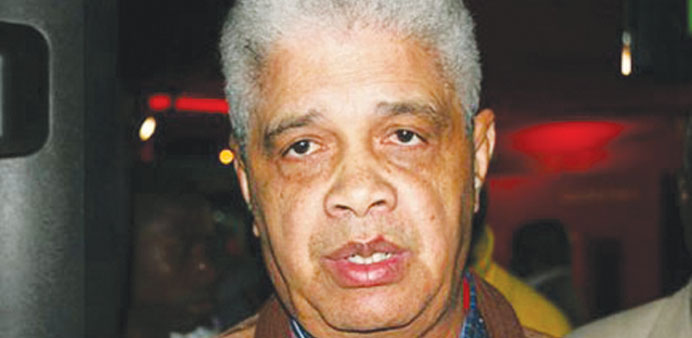|
Angola must diversify its oil-dependent economy by cutting huge fuel subsidies by a quarter and not be “held hostage” by fears of unrest that followed similar moves in Africa, the head of the country’s main industry association said yesterday. |
Angola is Africa’s largest oil producer after Nigeria. It also leads sub-Saharan nations in gasoline and diesel subsidies, on which it spends 4% of its gross domestic product, or some $5bn a year, according to the International Monetary Fund.
“With a big awareness campaign you could make people see that this (reallocation of subsidies) could be used for much-needed improvements in health, education, and to subsidise agriculture and fishing,” Jose Severino, president of the Angolan Industry Association (AIA), told Reuters.
Fuel subsidy cuts have led to riots in several African countries in recent years, with the latest, in Sudan last month, resulting in 34 deaths and 700 arrests.
Reducing gasoline and diesel subsidies is essential to boost non-oil growth, said Severino, whose group represents 7,000 businesses across Angola’s 19 provinces and works closely with the government.
“Each government knows its own limits, but we cannot be held hostage to what others have done, we must look at what we need to do,” he said. “Five billion dollars is a lot of money.”
Angola cut subsidies in 2010 without sparking unrest, but has since backtracked on plans for more reductions.
President Jose Eduardo dos Santos’s government wants to diversify an economy that grew by 7.4% last year but depends on crude production for nearly all its export income and 45% of economic output.
Analysts say the strategy could reduce Angola’s exposure to oil price drops and create jobs outside the oil sector.
The government often highlights that growth in the non-oil economy has outpaced that in its main sector, but the base outside hydrocarbons remains low. Agriculture and fishing formed 10% of GDP in 2011, industry only 7%.
Angola is investing billions of dollars to rebuild infrastructure destroyed by a long civil war that ended in 2002, but Severino said the spending on new road, railway and energy grids will be inefficient unless non-oil sectors speed up.
It must start with farming and fishing, which thrived before the war, and tap its mineral potential, he added.
Angola imports around 75% of the food it consumes, but Severino said a new tariff table due to be applied from January 1 will make food imports pricier and boost internal production.
Agricultural associations have, however, complained that the government spends too little on the sector, with the 2013 budget allocating 1.1% of expenditure for farming and fishing.
Regarding industry growth, Severino said though progress has been made, there are still impediments, especially a tax on inputs used by local producers that is not applied to imported goods as these arrive ready-made.
The AIA has also criticised a private investment law that asks foreign companies to invest at least $1mn in Angola.
“It’s too high. Lower it to $500,000 and Angolan businesses could grow by partnering smaller foreign companies that would otherwise not invest here,” Severino said.

